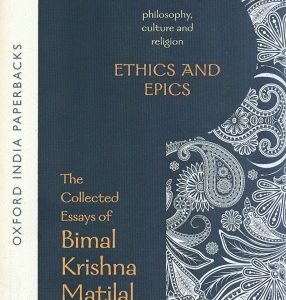
Bimal Krishna Matilal

Showing all 9 books

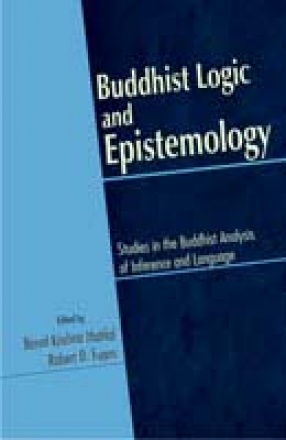
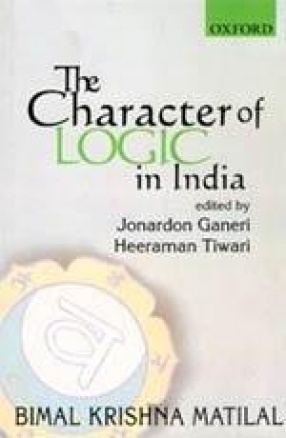
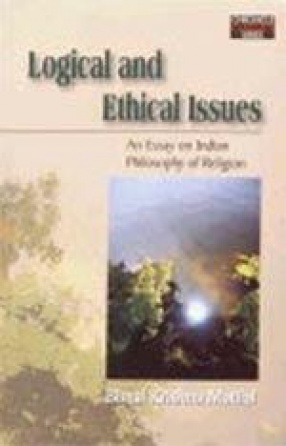

The unifying motif of Bimal Krishna Matilal's work is the study of rational traditions in Indian philosophical thought. With his ability to span the divide between the Indian and Western intellectual traditions, he brought contemporary techniques of analytical philosophy to bear upon the issues raised in classical Indian philosophy and, conversely, to highlight the relevance of Indian thought in the modern world.
From analyses of the arguments of the classical ...

The history of Buddhist logical and epistemological theories constitutes an interesting study for Buddhist religious scholars and philosophers.
This volume contains scholarly essays, presented at a seminar, that make an in-depth study of Buddhist logical theory in the background of Buddhist epistemology. Scholars from different parts of the world combine historical and philological scholarship with philosophical acumen and linguistic insight to examine the issues ...

In this book Matilal brings together two decades of thought about the origins, development and nature of Indian logical theory. He traces the evolution of the crucial concept of an inference-warranting relation’ (vyapti) in the early debating manuals and their contexts of informal logic of argumentation. The important contributions of the Buddhist logicians Dinnaga and Dharmakirti are given the weight they deserve, as is the great literature on logic in the ...
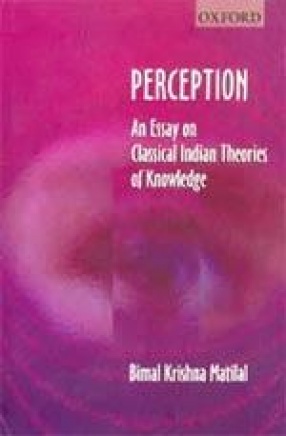
In this insightful philosophical discussion of perception, renowned scholar Bimal K. Matilal examines theories of knowledge and ontological concerns as they developed within schools of philosophy in classical India between AD 100 and 1400. Matilal focuses on the clash between the realism of the Nyaya-Vaisesika school and the phenomenalistic idealism of Buddhist philosophical thought (particularly as propounded by the Sautrantika and Yogacara sub-schools). The ...

Bimal Krishna Matilal (1935-91) was Spalding Professor of Eastern Religions and Ethics at Oxford University from 1977 to 1991. Matilal was an academic of exceptional scholarship and originality and in his untimely death the world lost an outstanding thinker and philosopher. The distinctive feature of this work is that the author was consciously motivated by contemporary historical experience: the frequent conflict between communities which have coalesced around ...
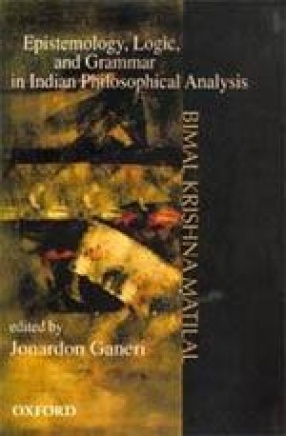
The popular approach to the study of Indian philosophy was born out of the assumption that critical thinking was unknown to the east. Thus, all philosophical endeavour was thought of fundamentally as a manifestation of religious doctrine, or a form of mysticism. In a climate of growing interest in Indian philosophy, Matilal successfully dispels some of these assumptions, and opens up the rich traditions of Indian philosophical analysis to the modern reader. This ...

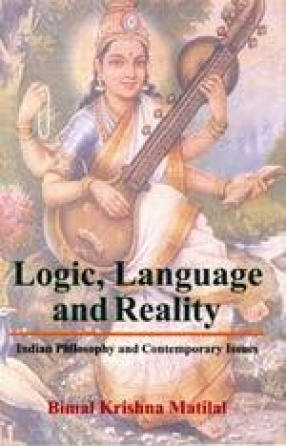
The word 'philosophy' as well as the conjuring expression 'Indian philosophy' has meant different things to different people - endeavours and activities, old and new, grave and frivolous, edifying and banal, esoteric and exoteric. In this book, the author has chosen deliberately a very dominant trend of the classical (Sanskrit) philosophical literature as his subject of study. The age of the material used here demands both philological scholarship and ...
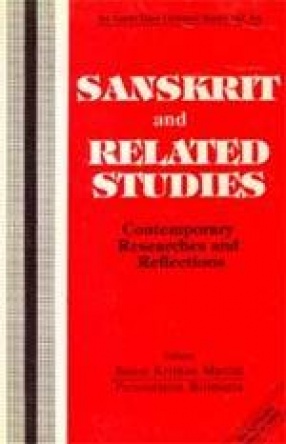
The aim of this volume is to underline the importance of Sanskrit and to show its relevance for the study of Indian Philosophy, Religion, Art, Literature, Linguistic, and History of Science and Medicine. A Number of like-minded scholars who are engaged in teaching Sanskrit at different universities of the USA, the United Kingdom and India, have contributed results of their research to enrich the volume. It contains four sectors: (a) Sanskrit Language and ...
